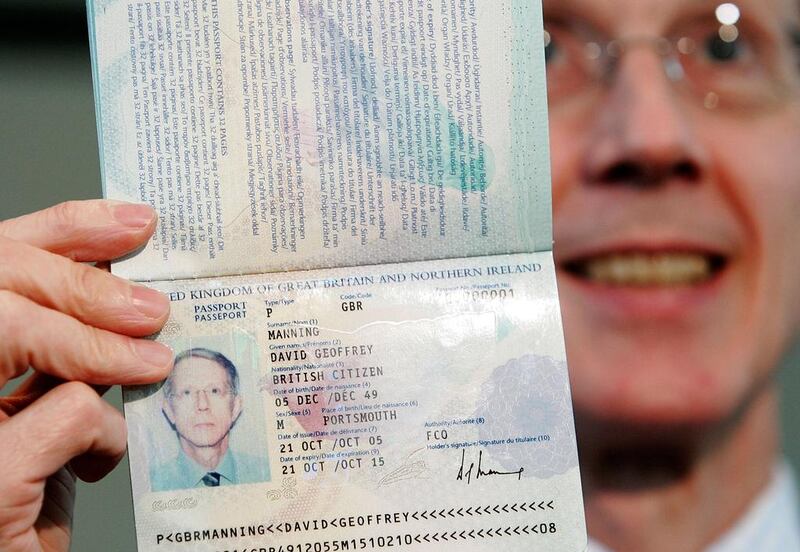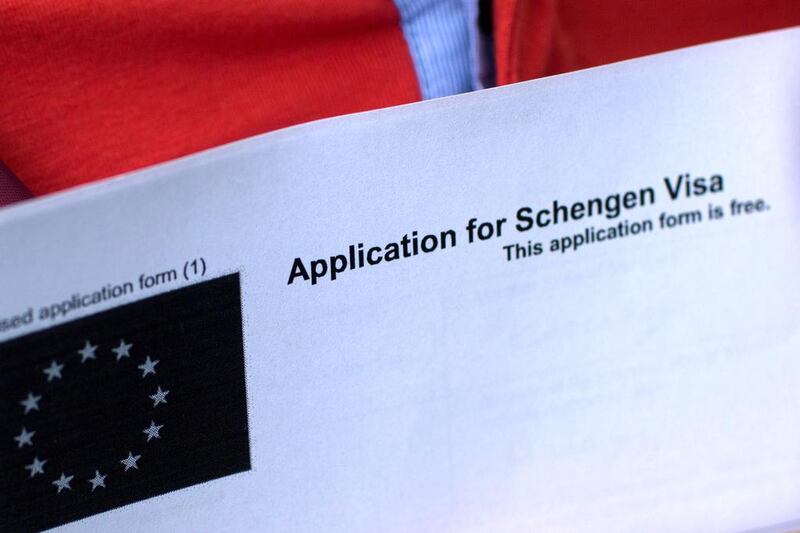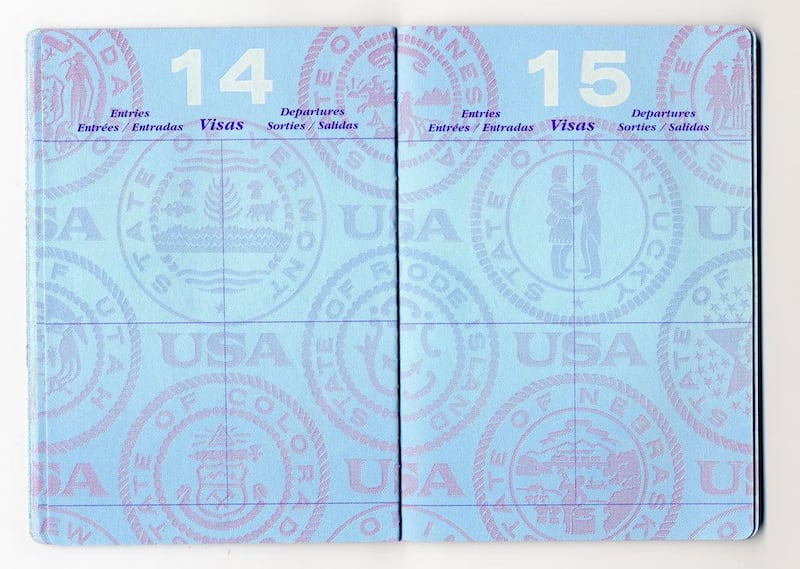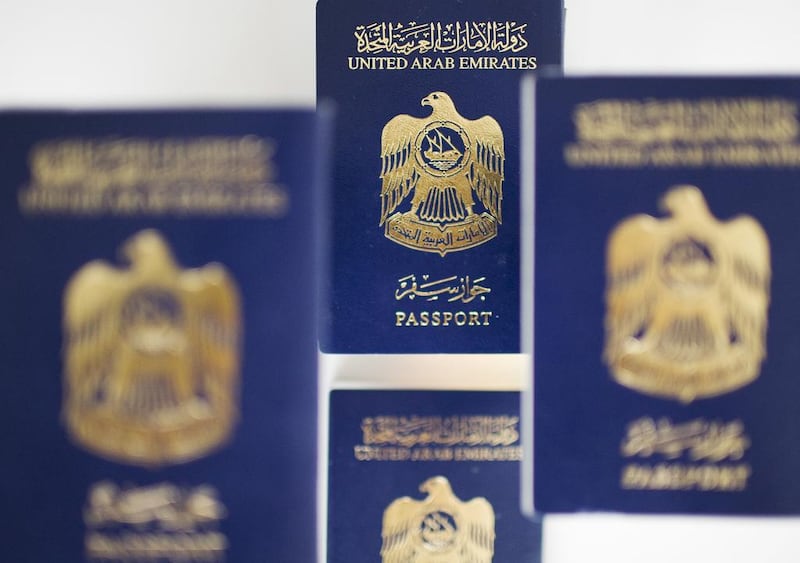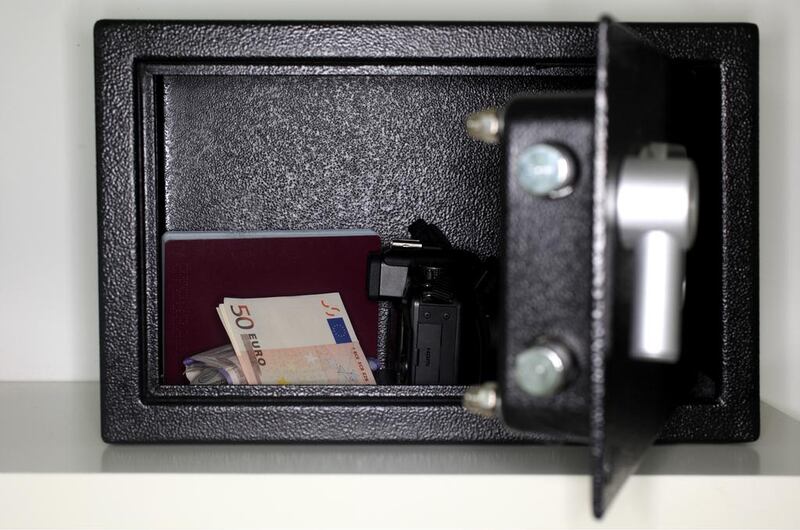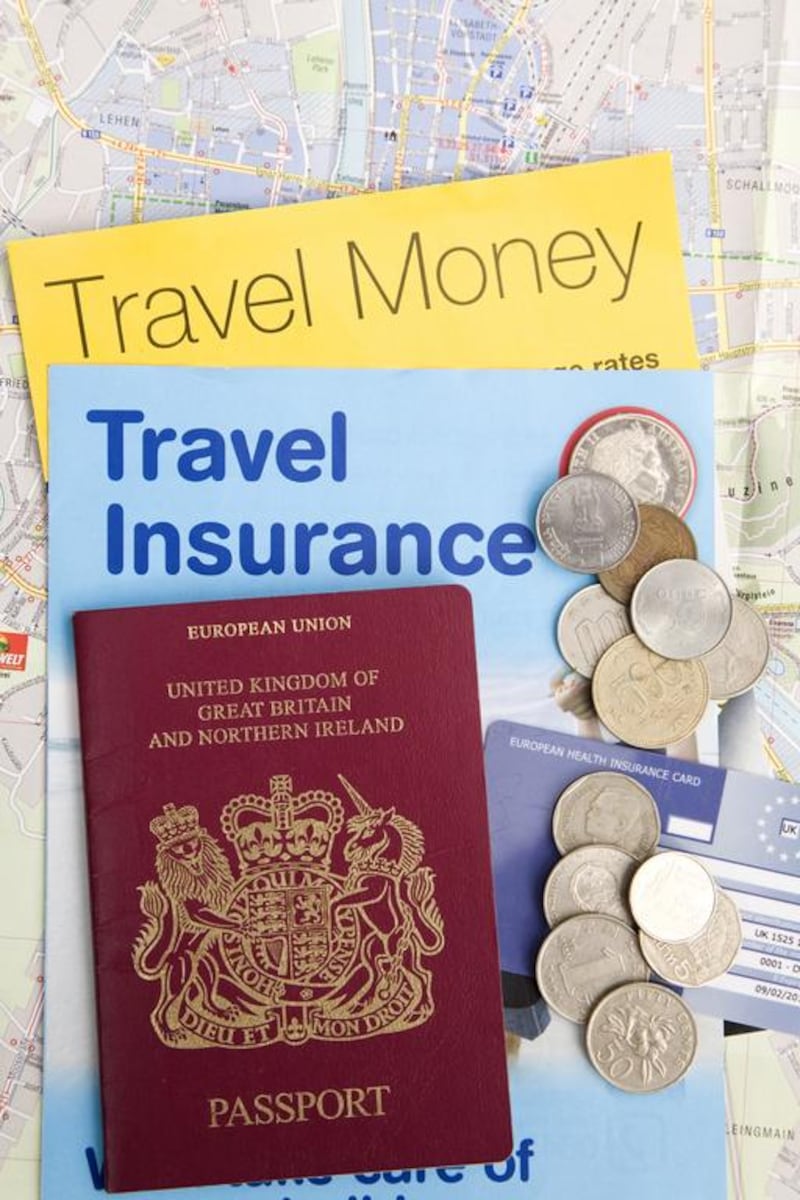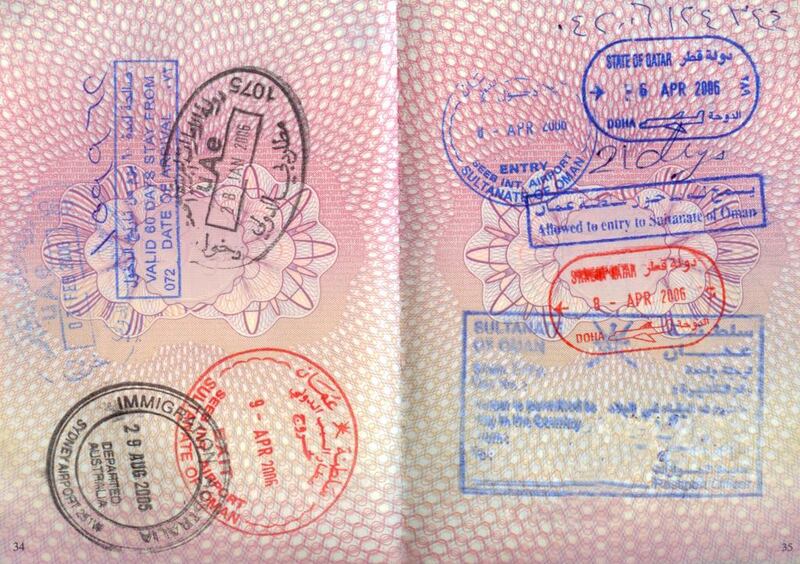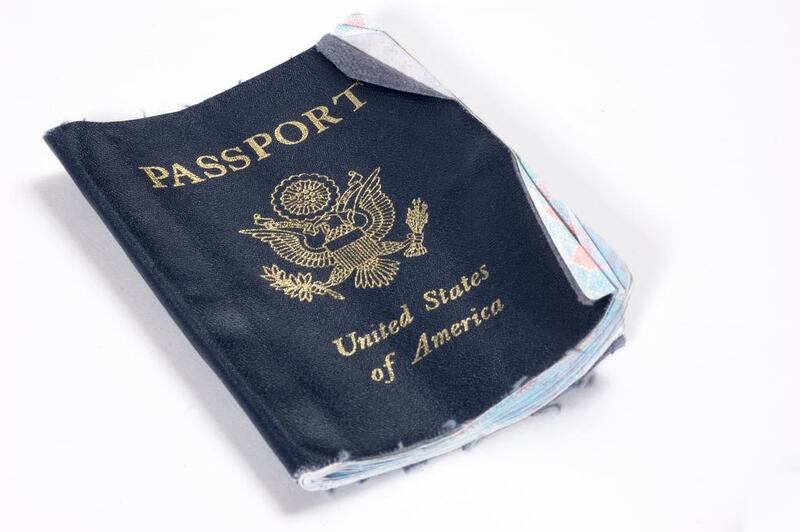Looking to travel this festive season? Here are 10 things about your passport you should know.
Expiry date. Most passports are valid for 10 years, but some countries won't accept passports with less than six months' validity. Renew your passport at least every nine years, ideally after the summer rush. For peace of mind and efficiency, pay for a same-day renewal service while visiting your home country. Expatriates living in the UAE may find that their embassy sends the passports abroad for processing.
Visas. Check the visa requirements for the country you're visiting no less than one month before travel. Sometimes obtaining visas requires lengthy paperwork and, again, sometimes original passports have to be sent abroad for processing.
Spare pages. Most countries require a minimum of two empty passport pages before they will grant you entry. Don't risk your trip because you haven't made time to renew your passport. If you travel a lot, pay more to have an extra-large passport issued.
Biometric passports. Also known as e-passports, many countries now require these. While many citizens will already have them (for example, they were introduced in the UK in 2006 and the UAE began issuing them in 2011), UAE nationals and others who do not yet have e-passports should check, or renew their passport early, as if they travel on an "old-style" passport they may find themselves barred from certain countries, or from benefits such as the United States Visa Waiver Programme. In any case, the UAE has pledged to replace all old-style passports with e-passports for UAE nationals by the end of 2016.
Safety and security. Know where your passport is at all times and keep it locked in a hotel safe when it's not needed. If there's no safe, lock it in your suitcase or use secure storage provided at your hotel's reception. Keep a scanned copy of your passport and residence visa page securely stored in your email, and store photocopies separately from your passport or travel wallet. Take out a travel insurance policy that will cover the costs of replacing a lost or stolen passport. When carrying your passport and other valuables in a risky area, carry your passport on your body or in a separate bag to the rest of your valuables, so that if one bag is lost or stolen you don't lose everything. Try not to carry your passport in your hand or separately from your other bags. While it's not in use, keep it out of sight in your handbag or a zipped rucksack (ideally, in an inner compartment) and you'll be less likely to misplace it or have it stolen.
Insurance. Take out a travel insurance policy that will cover the costs of replacing a lost or stolen passport. When planning a trip, always consider the worst-case scenario and if there is no embassy in your destination, make sure you take extra care of your passport.
Photo. If there have been significant changes to your appearance since your passport was issued, and you no longer look like the person in your photograph, renew it to avoid problems at immigration.
Parents travelling alone with their children. If you are a parent travelling solo with children and your children's surnames are different to yours, don't be surprised if you are questioned at airports, and be prepared to show supporting documents such as birth certificates, proving the family relationship.
Passport stamps. Visiting some countries can make it difficult or impossible to visit others. For example, an Israeli stamp can preclude you from entering Lebanon or Saudi Arabia.
Damage. Keep your passport clean and away from water, and consider using a passport cover. Water damage, tearing, kids' markers and unofficial stamps can all invalidate it.
